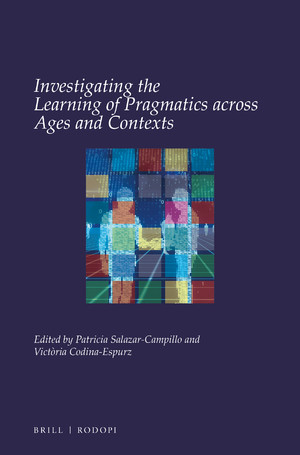
This pilot observational study deals with teacher directives in the English as an Additional Language classroom for very young language learners. Our data comprise transcripts from two 45-minute sessions, which have been processed from a discourse-pragmatic perspective. The aim of the analysis carried out is twofold. First, to examine the linguistic choices in the realization of regulative directives according to level of directness, addition of peripheral modifiers, use of person deixis and co-occurring speech acts in teachers’ feedback, such as praise or criticism. Second, to explore the extent to which those pre-school practitioners’ linguistic choices have an impact on the provision of rich pragmatic input and on the creation of a good social rapport with their students. Findings are partly in line with existing literature when attention is only paid to descriptive frequency counts by confirming the predominance of imperative forms in regulative discourse. Yet, they contradict the interpretation of those figures when previous studies insist on condoning a picture of English for Young Learners classroom environments where only the enactment of an authoritarian, distancing or imposing instructional style is possible. Further research is needed to ascertain the impact of very young learners’ cognitive, physical and emotional needs on teachers’ pragmatic skillfulness and interpersonal concerns from a multilingual perspective.